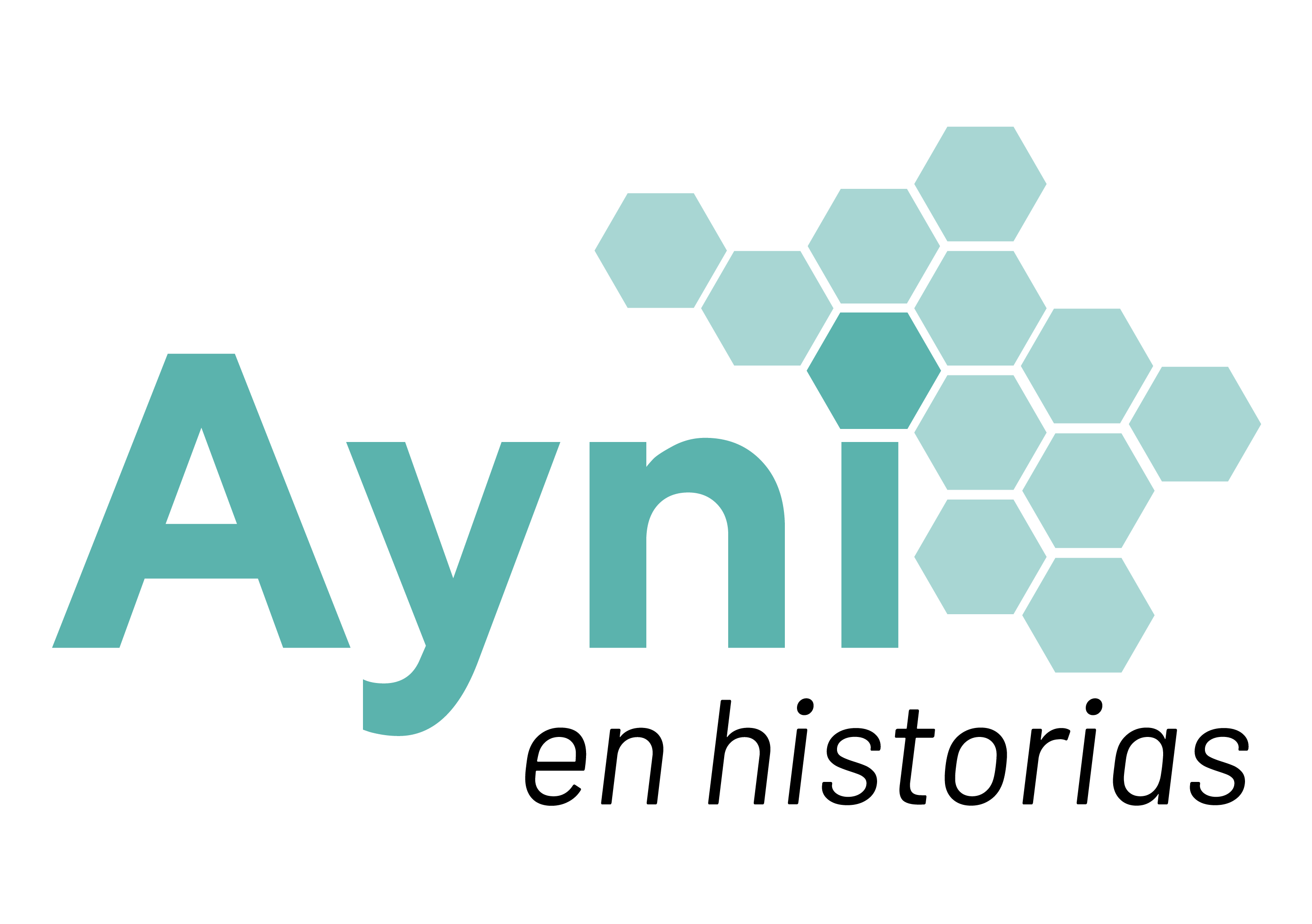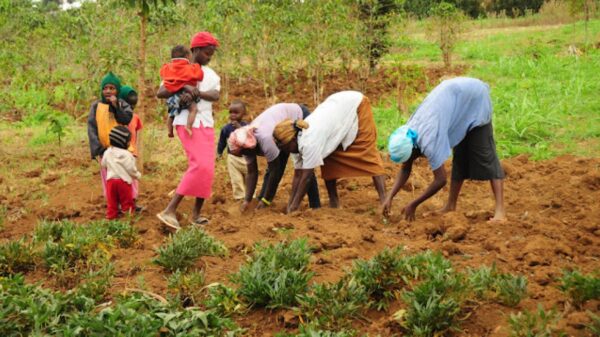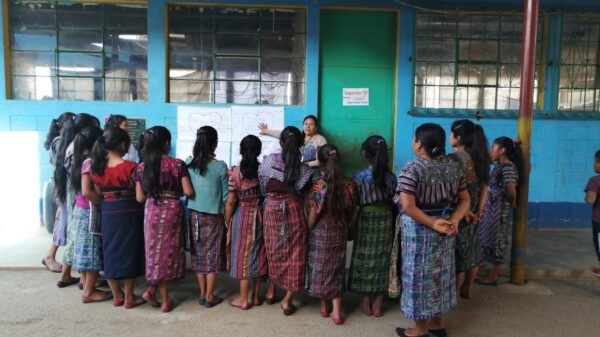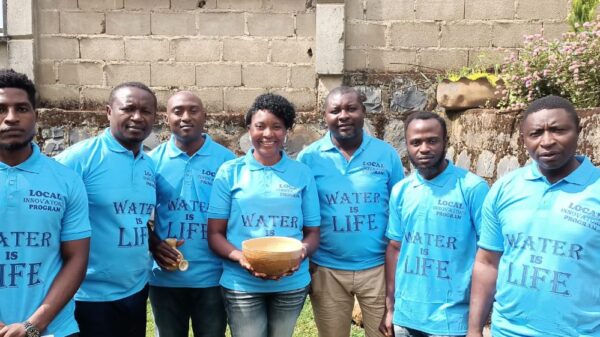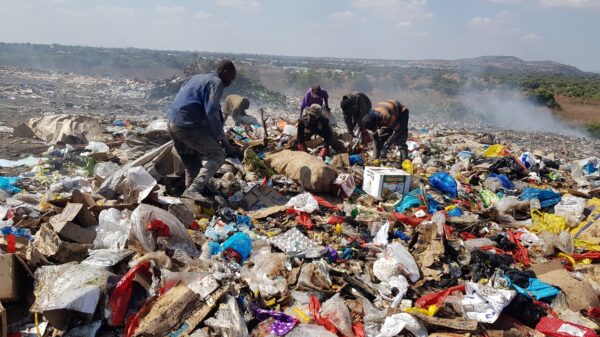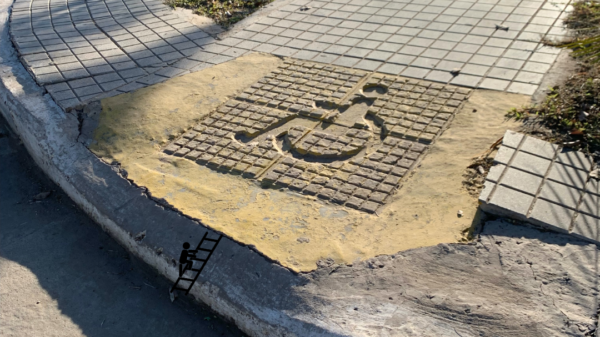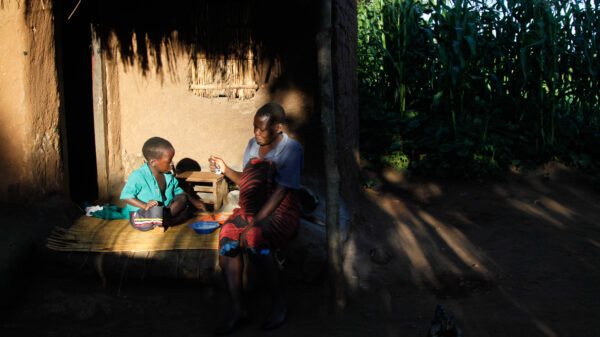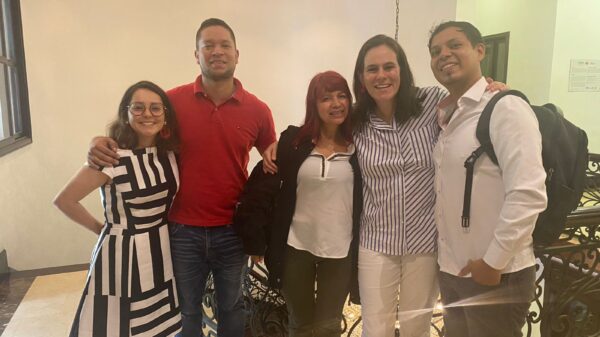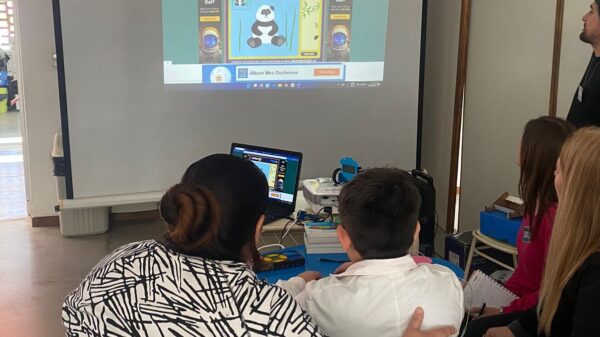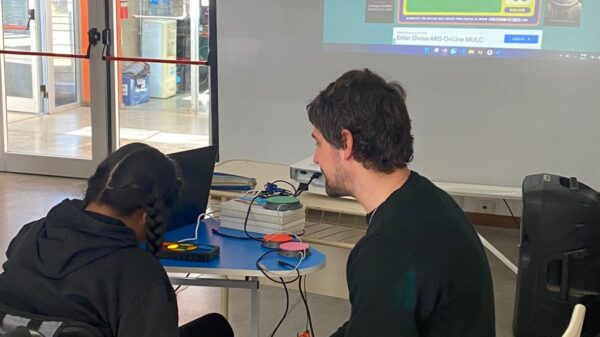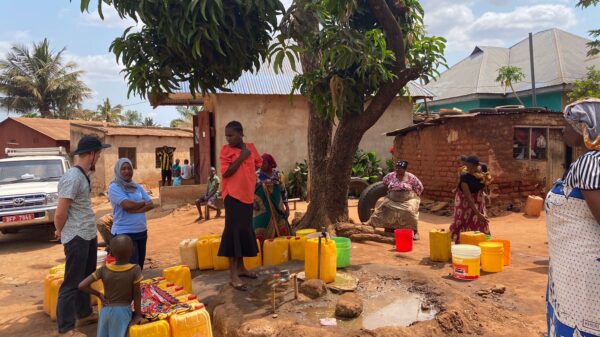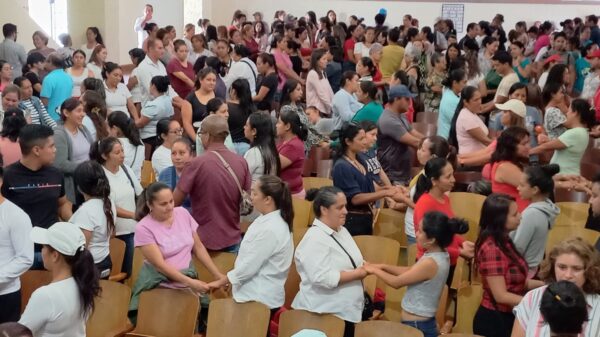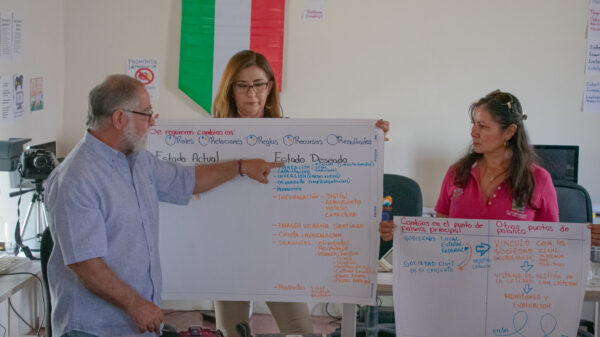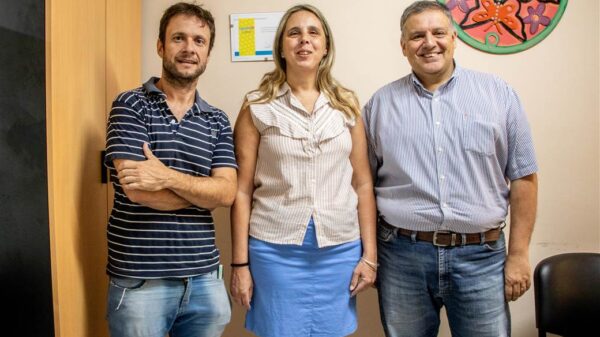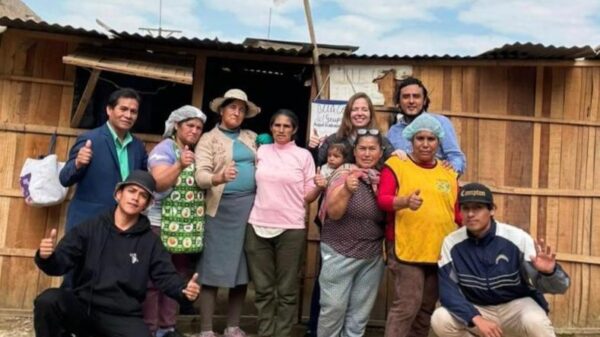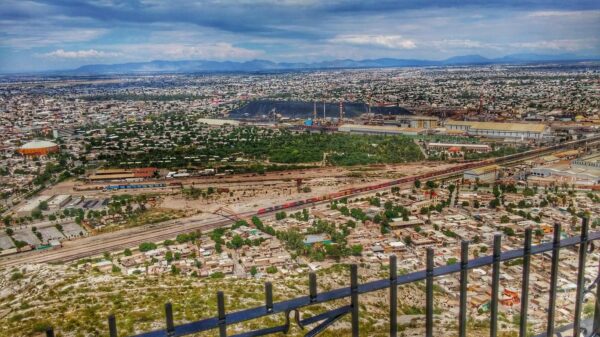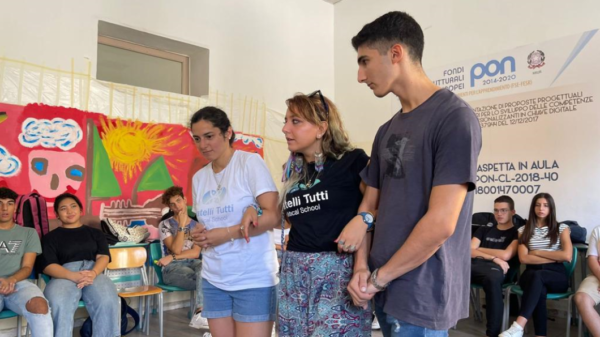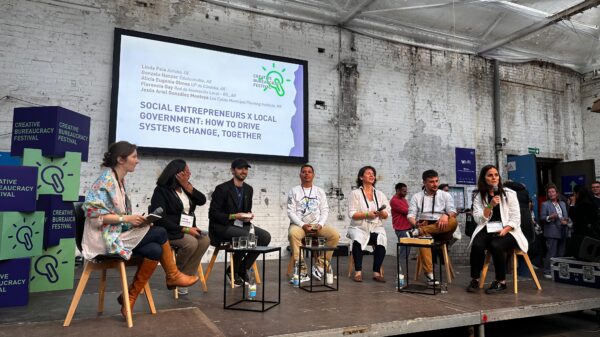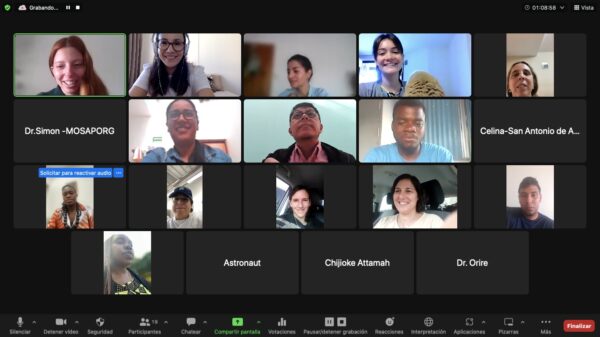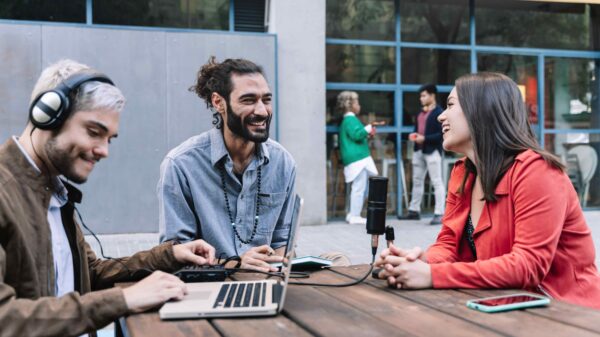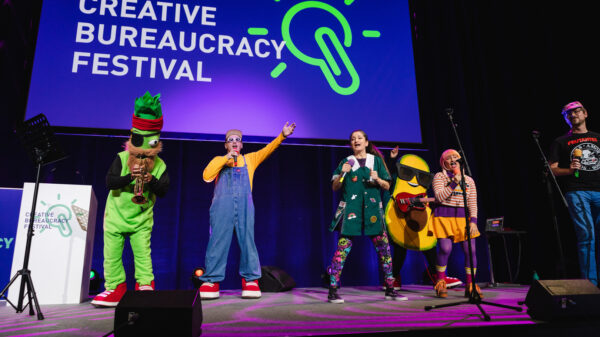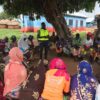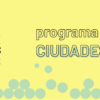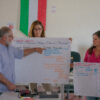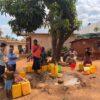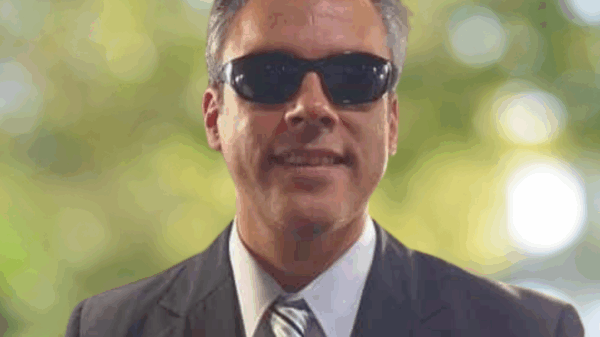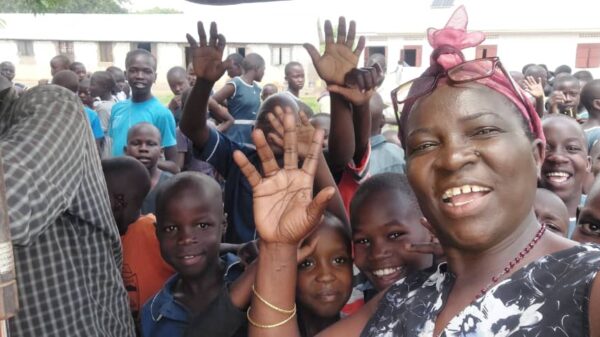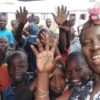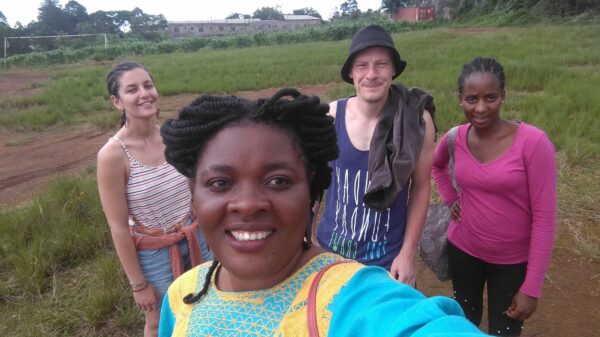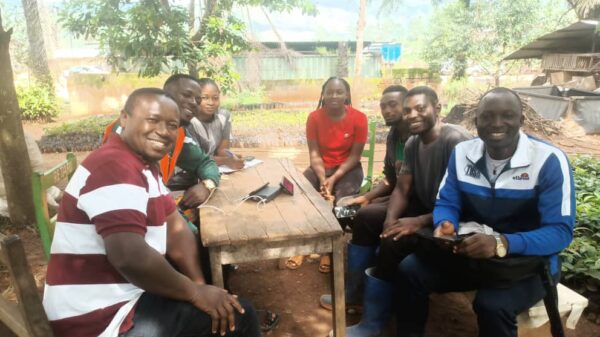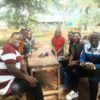LA REVOLUCIÓN DEL CUIDADO A PERSONAS MAYORES
Un problema que nos toca a todos
En Chegutu, una ciudad de 66.000 habitantes en Zimbabue, el 70% de los ancianos mayores de 65 años viven en abandono. Sin familia cerca, sin recursos y sin una red de apoyo estatal suficiente, muchos pasan días enteros sin hablar con nadie. Otros luchan con enfermedades sin tratamiento adecuado, o con pensiones que no alcanzan ni para cubrir lo básico.
Matthew Vambe, voluntario del proyecto, describe la situación con crudeza:
“Lo que más me impactó es el terrible abandono que enfrentan los ancianos en la sociedad. Muchos sufren la soledad. No tienen contacto con familiares ni amigos. Esto se debe principalmente a la pérdida de sus parejas y también a la movilidad reducida por su edad. Este aislamiento puede traer consecuencias terribles como depresión, ansiedad y deterioro cognitivo”.
Pero la soledad no es el único problema. El acceso a la salud es casi imposible para muchos ancianos. “Luchan por acceder a centros de salud adecuados. Esto se debe a las limitaciones económicas y a la falta de transporte. No tienen sillas de ruedas ni medios para llegar a los hospitales. Y como si fuera poco, a veces dependen de hacer fuego con leña para cocinar, en ocasiones fuera de sus casas y en la oscuridad, expuestos a la lluvia y al frío”.
Este no es solo el drama de Chegutu. Es la historia de millones de personas mayores en todo el mundo.
Y también es la historia de cómo una comunidad decidió marcar la diferencia y revolucionar el cuidado de las personas mayores.
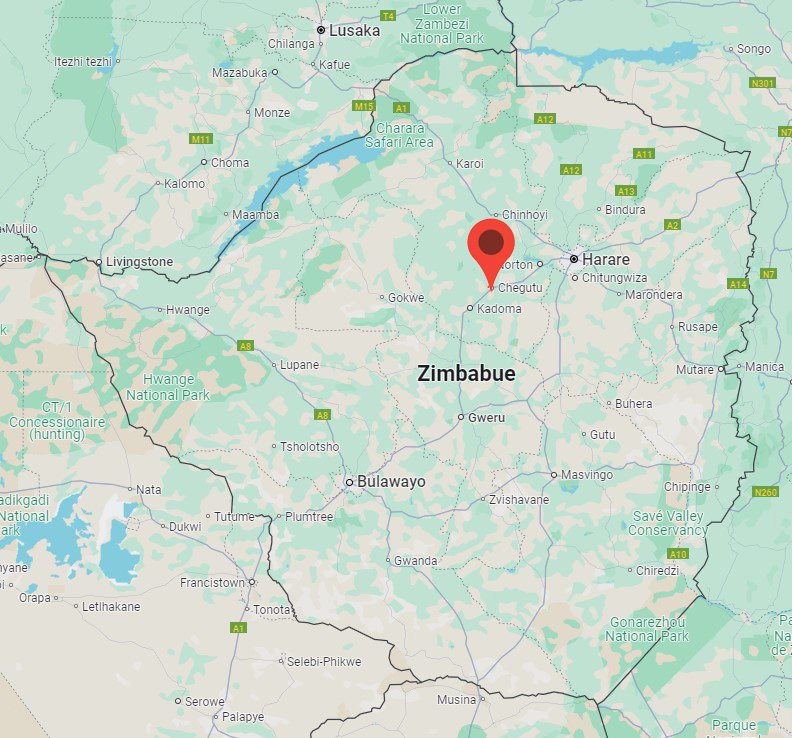
Bvute/Umthunzi: una sombra que protege
Cuando Edson Muchejekwa, un trabajador social con más de 24 años de experiencia, puso atención en la realidad de los ancianos en Chegutu, supo que algo tenía que hacer. No había organizaciones trabajando en el tema. No había fondos. No había recursos. Pero sí había personas con voluntad de ayudar.
Así nació Bvute/Umthunzi: Caring for our Elders. En shona y ndebele, dos de los principales idiomas de Zimbabue, Bvute y Umthunzi significan “sombra”, un símbolo de refugio y protección, exactamente lo que este grupo de voluntarios brinda a las personas mayores de la ciudad.
Mathew, agrega un ejemplo que nos pone la piel de gallina: “Una historia que nunca olvidaré es la de Gogo Mlambo. Ella tiene 82 años y vive en las afueras de Chegutu. La visité en invierno y solo tenía una manta rota que compartía con su nieto Tino, de cuatro años. Gogo Mlambo cría a Tino desde que su madre falleció cuando él tenía dos años. Llevaban semanas sin electricidad, su cuerpo estaba extremadamente frágil y tosía constantemente con mucho dolor. Le pregunté cómo estaba sobreviviendo al frío y me dijo que estaba aprendiendo a soportarlo, al igual que el hambre y la soledad”.
El equipo del Programa de Innovadores Locales tiene una visión clara: la solución debe ser integral. No se trata sólo de ayudar a las personas mayores en el corto plazo, sino de transformar la forma en que la sociedad los percibe y garantizar su bienestar a largo plazo.
Para lograrlo, decidieron hacer una revolución del cudiado con una idea maravillosa.
El primer hospital de voluntarios para ancianos en Chegutu para revolucionar el cuidado
El equipo de Bvute/Umthunzi entendió que sin acceso a salud, cualquier otro esfuerzo sería insuficiente. Por eso, tomaron una decisión clave: crear su propio centro de salud comunitario, operado por voluntarios.
Este espacio no solo ofrece atención médica, sino que brinda un acompañamiento integral, combinando salud física, bienestar emocional y apoyo social.
¿Qué ofrece el centro de salud comunitario?
- Atención médica gratuita para los ancianos en situación de vulnerabilidad.
- Un equipo de 6 profesionales de la salud que trabajan ad honorem.
- Chequeos médicos regulares y orientación sobre el manejo de medicamentos.
- Apoyo psicológico a través de grupos de terapia para personas en duelo o con enfermedades crónicas.
- Derivaciones a centros de salud aliados para tratamientos más complejos.
- Capacitación a voluntarios para ayudar con chequeos básicos y acompañamiento.
Mathew da cuenta de esto “cuando comencé a hacer trabajo voluntario, noté que cuando los ancianos reciben atención y compañía, su salud mental y emocional mejora significativamente. Conversar con ellos y hacer actividades juntos los ayuda a mantener su mente activa y, con ello, reducimos el deterioro cognitivo. Me di cuenta de que, más que cualquier otra cosa, solo quieren sentirse valorados y queridos, lo que fortalece su autoestima y estabilidad emocional”.
Este centro de salud se convirtió en un pilar fundamental para la comunidad, pero el desafío sigue siendo enorme: necesitan más voluntarios y más recursos para atender a más personas.

Redes para construir FUTURO en la tercera edad
Para combatir la soledad, se crearon grupos de conversación y clubes recreativos, donde los participantes pueden socializar y sentirse parte de una comunidad activa. También se promovieron encuentros intergeneracionales, permitiendo que los jóvenes se conecten con los mayores a través de actividades compartidas. Yvonne Utedzi, voluntaria y estudiante de trabajo social, describe el impacto de esta iniciativa: “Ver a un anciano volver a sonreír después de años de aislamiento es lo que nos hace seguir”.
Mathew agrega: “Siendo parte de esta iniciativa, aprendí sobre la fuerza que tiene el apoyo comunitario. Nadie debería tener que luchar solo. Pequeñas muestras de generosidad, como compartir comida, medicamentos, abrigo o simplemente prestar un oído atento, puede cambiar una vida. El trabajo en equipo no se trata solo de hacer cosas juntos, sino de cuidarnos unos a otros. La responsabilidad compartida crea una sociedad mejor. Cuando contribuimos al bienestar de los demás, toda la comunidad prospera”.
La tecnología también juega un rol clave para que las personas mayores no pierdan contacto con sus seres queridos. En Bvute/Umthunzi, se les enseña a usar celulares y redes sociales, lo que les permite comunicarse con familiares que han migrado, algo muy común en la zona. Además, se crearon grupos de WhatsApp comunitarios, donde los mayores pueden mantenerse informados y pedir ayuda cuando la necesiten.
El equipo nos cuenta un momento inolvidable: “Ayudamos a un anciano a hacer una videollamada con su hijo después de 12 años sin hablar. Se pusieron a llorar. Esas son las cosas que cambian vidas”.
Pero no solo le cambia la vida a las personas mayores que reciben ayuda, sino a los mismos voluntarios, Yvonne lo describe a la perfección: “Trabajar con los ancianos cambió por completo mi percepción de la vejez. Antes, pensaba que envejecer era sinónimo de perder capacidades físicas y mentales. Sin embargo, a través de mis interacciones con los ancianos, me di cuenta de que la edad es solo un número. Son sabios, están llenos de vida y tienen una energía increíble. Aprendí que la vejez es un proceso hermoso, lleno de amor, sabiduría y experiencias que pueden cambiar nuestra forma de pensar”.
En la misma línea, Admire, líder del proyecto, destaca la importancia del compromiso de los voluntarios: “Los estudiantes y los jóvenes de la iglesia son los mejores, en la mayoría de los casos se crea una situación en la que todos ganan: los estudiantes adquieren experiencia y el voluntariado se convierte en una extensión de la iglesia”.
Pero no todo es color de rosas, las dificultades para llevar a cabo esta iniciativa son muchísimas, y Admire lo deja bien en claro: “En nuestro equipo principal contamos con un teniente de alcalde, un trabajador social, un profesor, una enfermera, un abogado y ancianos con pocos recursos, así que básicamente nos hemos autofinanciado”.
Ivone, llegando al cierre, devuelve el optimismo y nos invita a soñar con esta revolución: “Si no puedes hacer algo grande, haz algo pequeño. A veces, lo único que un anciano necesita es que alguien lo escuche. Cada pequeña acción cuenta, no hace falta mucho tiempo ni recursos para marcar la diferencia. Si alguien tiene una agenda ocupada, puede considerar hacer voluntariado en pequeños intervalos, como 30 minutos a la semana. También hay oportunidades de voluntariado en línea o la posibilidad de hacer donaciones a organizaciones que apoyan el cuidado de los ancianos. No se trata de tener mucho tiempo o dinero, sino de tener la voluntad y la pasión de cuidar y marcar la diferencia”.
El desafío sigue: cómo ayudar
A pesar del impacto, Bvute/Umthunzi enfrenta grandes desafíos, ¡y nos necesita a todos para continuar con la revolución del cuidado!:
- Falta de recursos: No tienen financiamiento estable.
- Necesidad de más voluntarios: El equipo es pequeño y la demanda crece.
- Infraestructura limitada: Necesitan más espacios para actividades.
¡Tú también puedes ser parte de la solución!
Si vives en Chegutu, o estás pensando en visitar la región: ¡sumate como voluntario! También puedes donar alimentos, medicinas o recursos para el centro de salud.
Si en cambio, estás leyendo desde otra parte del mundo, comparte esta historia y generemos conciencia.
Si quieres conocer más sobre este proyecto y descubrir cómo puedes ayudar a que esta iniciativa crezca, visita el Marketplace de Soluciones Locales en el siguiente enlace: https://i-marketplace.org/proyectos-int.php?proyecto=197
ENG
The Care Revolution: How a Community in Zimbabwe is Restoring Dignity to the Elderly in Chegutu
The neglect that elderly people face is not a problem confined to a single region—it is a global challenge. In Africa, Latin America, and around the world, many seniors live in precarious conditions, without access to healthcare, companionship, or the necessary resources to live with dignity. However, in Chegutu, a city of 66,000 people in Zimbabwe, a group of volunteers decided to change this reality.
A Problem That Affects Us All
In Chegutu, 70% of seniors over 65 live in abandonment. Without family nearby, without financial resources, and without sufficient government support, many go entire days without speaking to anyone. Others struggle with untreated illnesses or pensions that are far from enough to cover even basic needs.
Matthew Vambe, a volunteer with the project, describes the situation bluntly:
“What impacted me the most is the terrible abandonment that seniors face in society. Many suffer from loneliness. They have no contact with family or friends. This is mainly due to the loss of their spouses and also their reduced mobility due to age. This isolation can have terrible consequences, such as depression, anxiety, and cognitive decline.”
But loneliness is not the only issue. Access to healthcare is nearly impossible for many seniors.
“They struggle to access proper healthcare centers. This is due to financial limitations and lack of transportation. They have no wheelchairs or means to reach hospitals. And if that weren’t enough, sometimes they rely on making fires with wood to cook—often outside their homes, in darkness, exposed to the rain and cold.”
This is not just Chegutu’s reality—it is the reality of millions of elderly people worldwide. But it is also the story of how a community decided to make a difference.

Bvute/Umthunzi: A Shadow That Protects
When Edson Muchejekwa, a social worker with over 24 years of experience, began paying attention to the reality of elderly people in Chegutu, he knew he had to take action. There were no organizations addressing the issue. No funds. No resources. But there were people willing to help.
That’s how Bvute/Umthunzi: Caring for our Elders was born. In Shona and Ndebele, two of Zimbabwe’s main languages, Bvute and Umthunzi mean “shadow”, a symbol of refuge and protection—exactly what this group of volunteers provides to the elderly in the city.
Matthew shares a story that gives us chills:
“One story I will never forget is that of Gogo Mlambo. She is 82 years old and lives on the outskirts of Chegutu. I visited her in winter, and she had only a torn blanket, which she shared with her four-year-old grandson, Tino. Gogo Mlambo has raised Tino since his mother passed away when he was two. They had been without electricity for weeks, her body was extremely frail, and she was constantly coughing in pain. I asked how she was surviving the cold, and she told me she was learning to endure it—just like hunger and loneliness.”
The Local Innovators Program team has a clear vision: the solution must be comprehensive. It’s not just about offering short-term aid, but about transforming how society perceives the elderly and ensuring their long-term well-being.
To achieve this, they came up with a brilliant idea.

The First Volunteer-Run Hospital for Seniors in Chegutu
The Bvute/Umthunzi team realized that without access to healthcare, any other effort would fall short. So, they made a crucial decision: to create their own community healthcare center, run by volunteers.
This space does more than just provide medical care—it offers comprehensive support, integrating physical health, emotional well-being, and social assistance.
What Does the Community Healthcare Center Offer?
- Free medical care for elderly people in vulnerable situations.
- A team of six healthcare professionals working pro bono.
- Regular check-ups and guidance on medication management.
- Psychological support through therapy groups for those grieving or suffering from chronic illnesses.
- Referrals to partner health centers for more complex treatments.
- Training for volunteers to assist with basic check-ups and companionship.
Matthew reflects on the impact:
“When I started volunteering, I noticed that when seniors receive attention and companionship, their mental and emotional health improves significantly. Talking to them and engaging in activities helps keep their minds active, reducing cognitive decline. I realized that, more than anything else, they just want to feel valued and loved. That strengthens their self-esteem and emotional stability.”
This healthcare center has become a pillar of the community, but the challenge remains huge: they need more volunteers and more resources to reach more people.
Building FUTURE Networks in Old Age
To combat loneliness, the organization created conversation groups and recreational clubs, where seniors can socialize and feel part of an active community. They also launched intergenerational meet-ups, allowing young people to connect with the elderly through shared activities.
Yvonne Utedzi, a volunteer and social work student, describes the initiative’s impact:
“Seeing an elderly person smile again after years of isolation is what keeps us going.”
Matthew adds:
“Being part of this initiative taught me the power of community support. No one should have to struggle alone. Small acts of generosity—like sharing food, medicine, warmth, or simply lending a listening ear—can change a life. Teamwork is not just about doing things together; it’s about taking care of each other. Shared responsibility creates a better society. When we contribute to others’ well-being, the whole community thrives.”

Technology as a Bridge to Connection
Technology also plays a crucial role in keeping seniors connected with their loved ones. At Bvute/Umthunzi, elderly people are taught how to use mobile phones and social media, allowing them to communicate with family members who have migrated—something very common in the region. Additionally, they created community WhatsApp groups, where seniors can stay informed and ask for help when needed.
The team shares an unforgettable moment:
“We helped an elderly man make a video call with his son after 12 years without speaking. They both burst into tears. These are the moments that change lives.”
But it’s not just the elderly who benefit—volunteers’ lives are transformed as well.
Yvonne puts it perfectly:
“Working with seniors completely changed my perception of aging. Before, I thought growing old meant losing physical and mental abilities. But through my interactions with them, I realized that age is just a number. They are wise, full of life, and have incredible energy. I learned that aging is a beautiful process, full of love, wisdom, and experiences that can reshape our way of thinking.”
Admire, the project leader, emphasizes the importance of volunteers’ commitment:
“Students and church youth are the best volunteers. In most cases, it’s a win-win situation: students gain experience, and volunteering becomes an extension of the church’s mission.”
However, challenges abound, and Admire makes this clear:
“Our core team includes a deputy mayor, a social worker, a teacher, a nurse, a lawyer, and low-income seniors. So, we have essentially been self-funded.”
The Challenge Continues: How to Help
Despite its impact, Bvute/Umthunzi faces major challenges:
- Lack of resources: No stable funding.
- Need for more volunteers: The team is small, and demand is growing.
- Limited infrastructure: More spaces are needed for activities.
You Can Be Part of the Solution!
- If you live in Chegutu or plan to visit the region, join as a volunteer! You can also donate food, medicine, or resources to the healthcare center.
- If you’re reading from elsewhere in the world, spread this story and raise awareness!
To learn more about this project and discover how you can help, visit: https://i-marketplace.org/proyectos-int.php?proyecto=197
Revolución del cuidado Revolución del cuidado Revolución del cuidado Revolución del cuidado Revolución del cuidado Revolución del cuidado Revolución del cuidado Revolución del cuidado Revolución del cuidado Revolución del cuida
